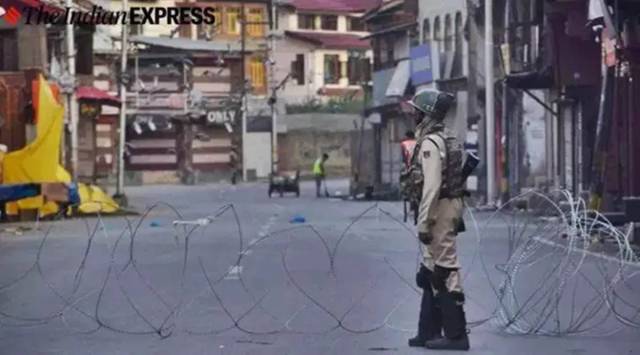On Thursday, hundreds of Army hopefuls gathered outside the recruitment office at B C Road in Jammu to protest the alleged cancellation of a scheduled written test due to the introduction of Agnipath, the Centre’s new recruitment scheme for defence forces. The protests led to the disruption of vehicular traffic on the busy road, prompting the Jammu and Kashmir Police to resort to lathicharge.
The demonstrators initially blocked the Tawi bridge and voiced their grievances against the government, causing a nearly hour-long disruption of vehicular traffic in the morning. Subsequently, they marched to the recruitment office at B C Road and staged a demonstration outside the main entrance.
According to the protesters, they had applied to be soldiers back in 2019 and had already undergone physical and medical fitness tests. They had been eagerly awaiting the scheduled written test, which had been repeatedly cancelled over the past one-and-a-half years for various reasons. Now, the authorities had cancelled the exam, citing the introduction of the Agnipath scheme.
“Many of us have been preparing for the written test for the past one-and-a-half years and are on the verge of aging out of eligibility for recruitment,” one protester stated.
“If the government had no intention of completing the recruitment process by holding the written exam, they should have informed us sooner, rather than keeping us waiting for so long,” another protester added.
Protests against Agnipath, a “major defence policy reform” for recruitment into the Indian Army, Indian Navy, and Indian Air Force on a short-term contractual basis, have erupted in multiple states, including Bihar, Haryana, New Delhi, and Jharkhand. In Bihar, aspirants from several districts blocked rail and road traffic on Thursday, and also damaged some shops and private establishments.
The Agnipath scheme is expected to reduce the permanent force levels in the over 13-lakh strong armed forces. Under the scheme, most soldiers will leave the service in just four years, and only 25% of the 45,000 to 50,000 recruited annually will be allowed to continue for another 15 years under permanent commission.

